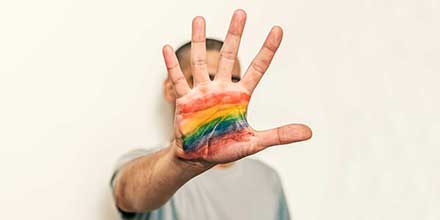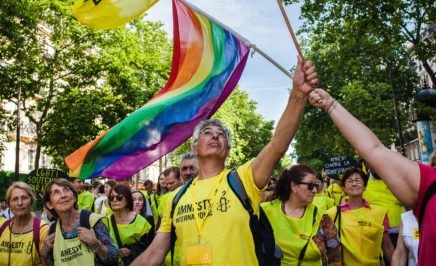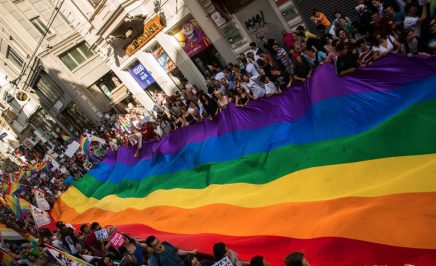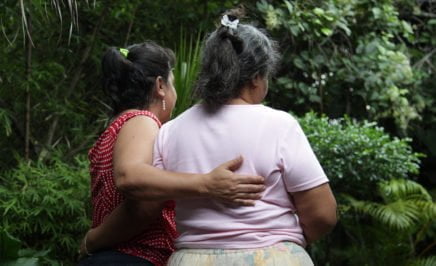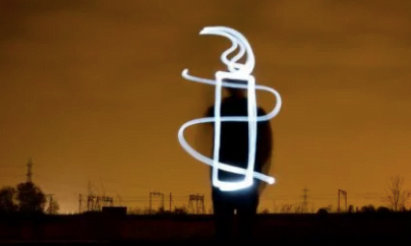Responding to the arrest of nine men in Jakarta for holding what police described as a “gay party,” Amnesty International Indonesia Executive Director Usman Hamid said:
“There is no legal justification for criminalizing the behaviour these men are accused of. Such a gathering would pose no threat to anyone. The authorities are being discriminatory and violating the human rights to privacy and family life, freedom of expression, and the freedom of assembly and association.
“Raids like these send a terrifying message to LGBTI people. We call on the authorities to release all people arrested in the party and drop all charges against them. They must also stop these arbitrary and humiliating raids and stop misusing laws against loitering or public nuisance to harass and arrest people accused of same-sex activity.
Raids like these send a terrifying message to LGBTI people.
Usman Hamid, Amnesty International Indonesia Executive Director.
“No one should be targeted and arrested because of their actual or perceived sexual orientation and gender identity. The police should be keeping everyone safe, not stoking more discrimination.”
Background
The Jakarta Police say that they raided a gathering of men in a full-service apartment in Kuningan, South Jakarta, on Tuesday 1 September 2020. Dozens of people were arrested of which nine, the alleged organizers of the gathering, were then detained.
In a press conference yesterday, the police said they confiscated several condoms but found no illegal hazardous things, such as drugs and weapons. The nine were charged under article 296 of the Criminal Code Law that says “Any person who commits or facilitates obscene act with another person, shall be punished by a maximum one year and four months imprisonment and a maximum fine of IDR15.000.” The police also charged them with article 33 in conjunction with article 7 and or article 36 in conjunction with article 10 of the Pornography Law and thus make them face up to 15 years in jail.
In Indonesia, LGBTI people are frequently harassed, intimidated, criminalized, and even killed, simply because of their sexual orientation, gender identity and expression. In the last few years, intimidation, attacks and discrimination against LGBTI people in Indonesia has increased after several public officials made inaccurate or misleading statements on the grounds of “defending the country’s public morality and public security.”
Consensual same-sex relations are not crimes under the Indonesian Criminal Code. However, the Pornography Law has been widely applied and doesn’t relate to any of the actions or behaviours actually carried out by the people arrested or harassed under this law.
All people, regardless of their sexual orientation or gender identity, are equal in dignity and rights. Everyone is entitled to all the rights and freedoms set forth in the Universal Declaration of Human Rights (UDHR), without distinction of any kind, such as race, colour, sex, language, religion, political or other opinion, national or social origin, property, birth or other status.
Amnesty believes that denial of equal recognition of same-sex relationships prevents many people from accessing a range of other rights, such as rights to housing and social security, and stigmatizes people and relationships in ways that can fuel discrimination and other human rights abuses based on people’s real or perceived sexual orientation or gender identity.
The UN Human Rights Committee has also affirmed that no individual can be denied the enjoyment of the rights protected by the International Covenant on Civil and Political Rights (ICCPR), including equality before the law and equal protection of the law, because of their sexual orientation.
The Government must respect Indonesia’s international human rights obligations and prevent, investigate and eliminate transphobia, homophobia, gender-based violence, and criminalization of individuals due to their gender expression, identity or sexual orientation, including by revoking laws and regulations that legitimize systemic discrimination against them and implementing those that protect, respect, and fulfill their rights.
